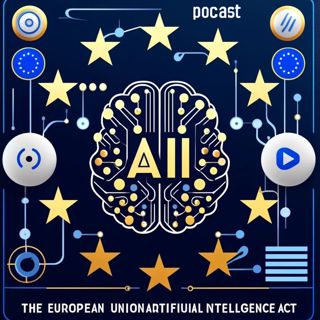Premium
99 kr/mån
- Tillgång till alla Premium-poddar
- Lyssna utan reklam
- Avsluta när du vill

Lyssna på dina favoritpoddar och ljudböcker på ett och samma ställe.
Njut av handplockade tips som passar din smak – utan ändlöst scrollande.
Fortsätt lyssna där du slutade – även offline.
99 kr/mån
129 kr/mån